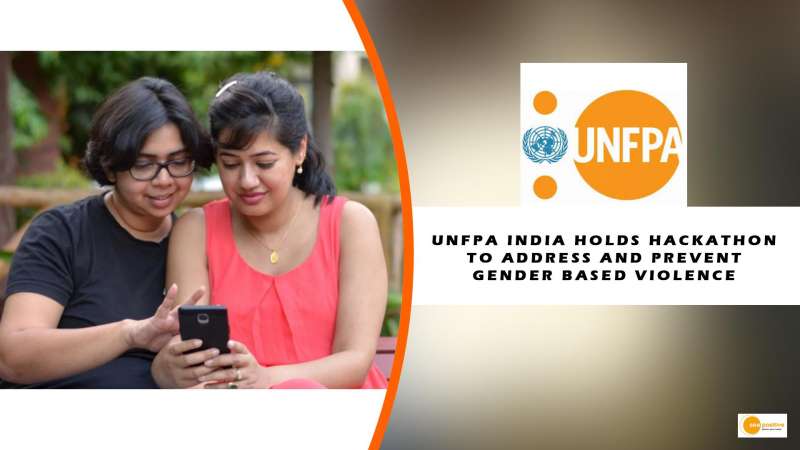

Gender-based violence (GBV) is one of the most common human rights violations worldwide. It has no regard for social, economic, or national boundaries. One in every three women in the world has been subjected to physical or sexual abuse at some point in their lives. According to the most recent National Family Health Survey (NHFS-5) data, approximately 29.3 percent of married Indian women between the ages of 18 and 49 have experienced domestic or sexual violence.
To further strengthen these efforts, the United Nations Population Fund (UNFPA) India – in association with, TechGig, has launched a Hackathon – Crack the Code to prevent and address gender-based violence.
This hackathon aims to address key problems, and knowledge gaps and increase access to services for persons with disabilities experiencing risk of gender-based violence in humanitarian situations; and mitigate technology-facilitated gender-based violence.
Phrases of the programme
The hackathon will crowdsource impactful and innovative ideas and turn them into prototypes for scaling up. The programme has three phases — phase one for relevant idea submissions, phase two for selection and mentoring of ideas for prototyping, and lastly, phase three to announce the winners.
This hackathon invites individuals, women-led teams, techpreneurs, civil societies, startups, research groups, and people with diverse lived experiences to submit ideas and solutions to make public spaces, workplaces, homes, and society equal, equitable and inclusive.
Gender-based violence becomes more dangerous and vulnerable as it intersects with sexual orientation, disability, caste, and age. Similarly, during humanitarian crises such as public health emergencies, natural disasters, and conflicts, the risks are known to increase.
Today, with the increased use and reliance on technology and digital spaces, we also see the emergence of newer forms of gender-based violence where harm is perpetrated through online spaces. Clearly, it is all-pervasive, and addressing it in all its forms with a particular focus on those with increased vulnerabilities is no longer negotiable.


